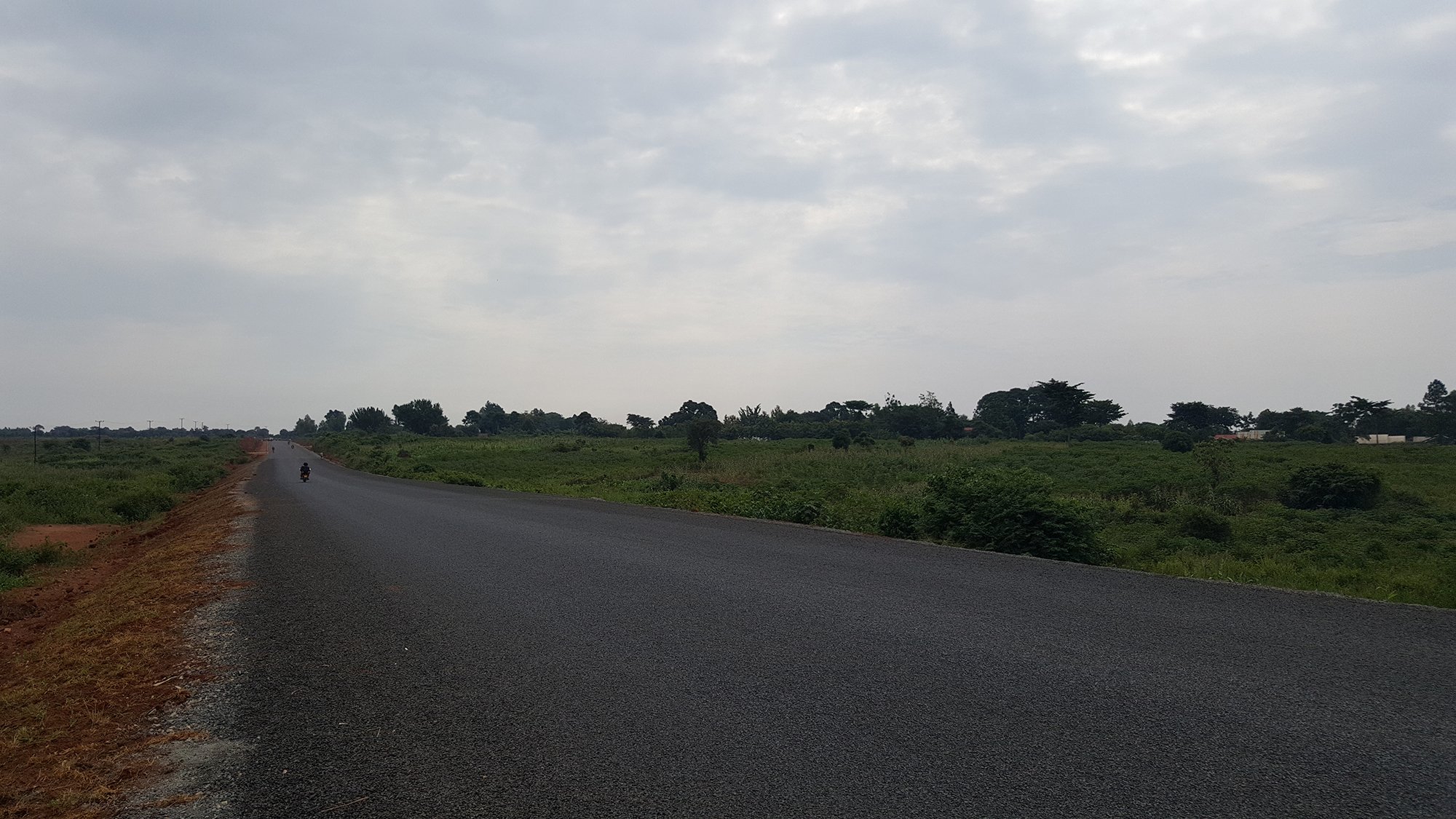FBW Group is playing its part in the drive to transform East Africa’s logistics sector – boosting trade opportunities and unlocking economic potential to fuel prosperity.
It is part of consortium carrying out feasibility studies centred on the creation of special ‘trade and logistics clusters’ near borders and points of entry in countries across the region.
Aid-for-trade organisation TradeMark East Africa (TMEA), funded by UK AID and other donors, is behind the strategy to create special industrial parks and export processing zones to attract investors and boost trade, stimulate growth and create more and better jobs.
It is looking to invest $400m to create a million new jobs by 2022 by reducing trade costs by 10 per cent and increasing exports by 25 per cent.
The consortium carrying out the key feasibility work is being led by international development consulting company IPE Global.
It recently completed technical and commercial options analysis for the development of a trade and logistics hub for Busia on the Ugandan/Kenyan border.
FBW is also involved in a related trade and logistics project with the same consortium in Rwanda, which is working on behalf of its government.
That work included the detailed review of proposals for large-scale industrial parks planned for two locations at Bugasera and Rwamangana, whose construction is to be funded by Exim bank of India.
The IPE/FBW team has been looking at possible sites across a number of locations.
FBW’s role has been to examine the ‘buildability’ of sites and to undertake physical assessments to assess their potential and viability. Moving forward, the group will be involved in masterplanning schemes that are being taken forward and the preparation of designs for contractor tenders.
In Uganda, the government has made 173 acres available at Busia for the development of a Border Export Zone, which includes a logistics hub, with the aim of building a cross border market.
The plan is to further boost trade through The Northern Corridor, the main transport artery carrying trade from Mombasa through Kenya to Uganda.
The poor state of logistics and lack of infrastructure are seen as major barriers to enhancing trade through Busia and enabling the area to fulfil its huge potential for fuelling economic growth in the wider region. The feasibility work has looked at site options for developing the hub.
FBW group managing director Paul Moores said: “We’re delighted to be using our expertise to play our part in what will be truly transformational projects for East Africa and the region’s economic growth.
“The aim is to kick-start growth and to create much-needed jobs. The concept of the clusters is to act as a catalyst by delivering the facilities and conditions that will attract investment in manufacturing and logistics.
“It is about working to tackle the barriers to growth that include poor infrastructure, high energy costs and poor access to markets.
“Overcoming these challenges is even more important as the countries of East Africa look to recover from the impact of Covid-19 on their economies.”
He added: “In Rwanda, the areas being looked at as potential sites for logistics clusters have been identified as favourable locations with the right demographics and the natural qualities to help create growth and jobs.
“A key problem in enhancing trade through Busia has been the poor state of logistics and market infrastructure. The project there is looking to address these barriers.
IPE Global specialises in providing expert technical assistance and solutions for equitable development and sustainable growth in developing countries.
TMEA was established with the aim of growing prosperity in East Africa through increased trade. It operates on a not-for-profit basis and is funded by development agencies from a number of countries including the UK and the USA.
It works closely with East African Community (EAC) institutions, national governments, the private sector and civil society organisations.

